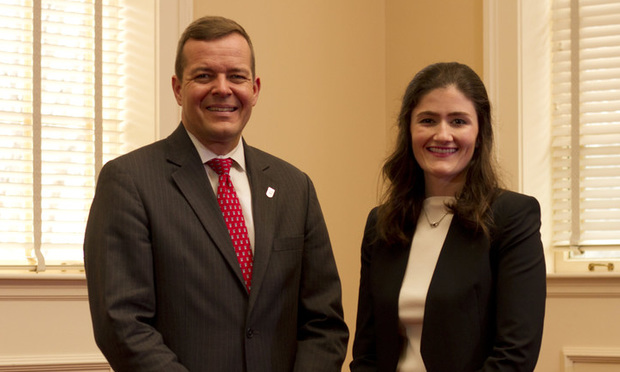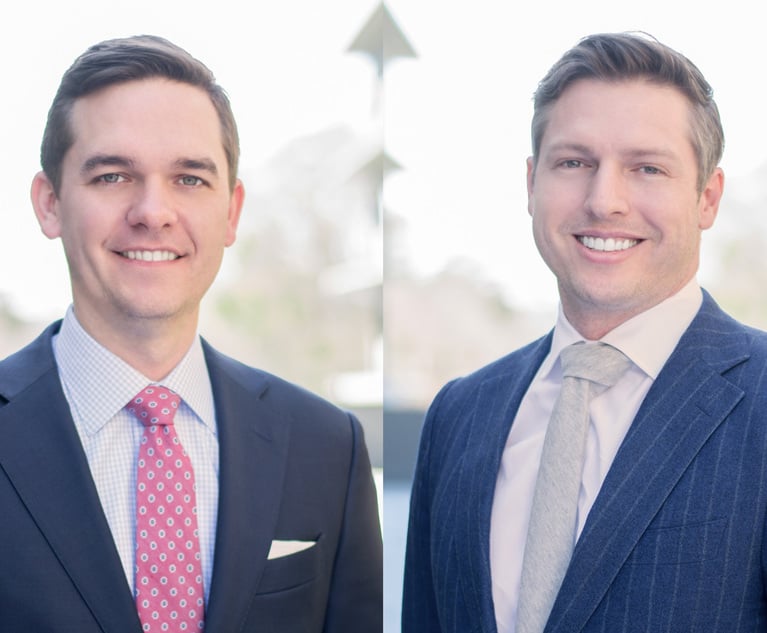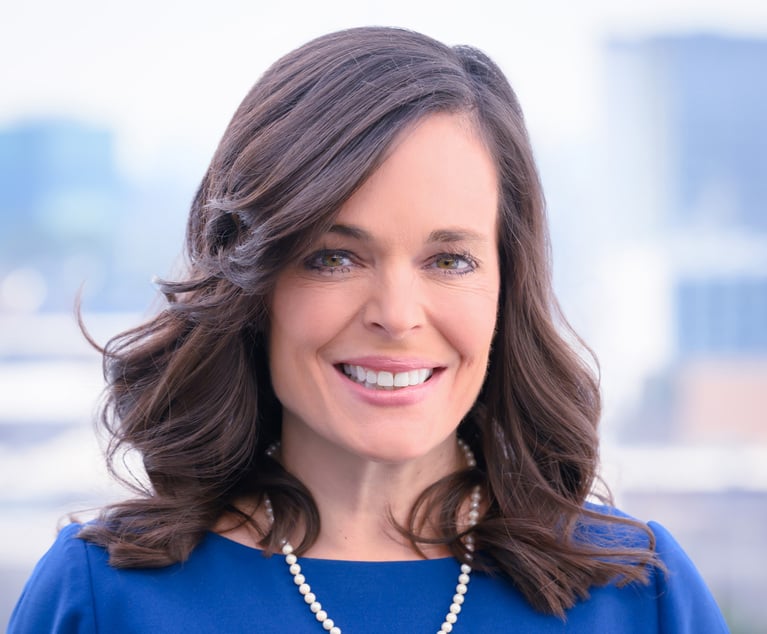Conventional narratives often depict the Supreme Court as displaying an unflinching sympathy for arbitration. Like most conventional narratives (about the court and otherwise), this one contains an element of truth but masks a much more complex, if subtle, pattern in its jurisprudence. Two recent decisions by the Supreme Court—Henry Schein, Inc. v. Archer & White Sales, Inc. and New Prime, Inc. v. Oliveira—magnify this understated, yet critical, distinction.
The Schein Decision


 UGA Law Dean Bo Rutledge (left) and Amanda Newton (Photo: John Disney/ ALM)
UGA Law Dean Bo Rutledge (left) and Amanda Newton (Photo: John Disney/ ALM)




